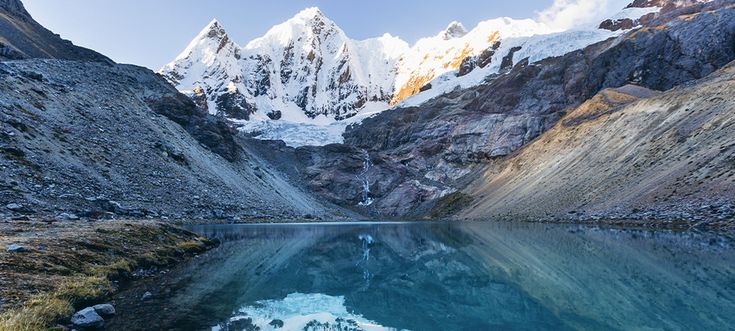
Venezuela recently became the first country in the world to lose all its glaciers. The International Climate and Cryosphere Initiative confirmed this, saying that Venezuela’s last glacier, Humboldt, had shrunk due to global warming and become so small that it no longer meets the criteria of being a glacier. This is a worrying development because Venezuela once had six glaciers. Still, due to global warming and climate change their size decreased, and by 2011, five of these glaciers had completely disappeared. With the disappearance of the Humboldt Glacier, this country has become glacier-less.

The incident has drawn worldwide attention and raised awareness of the dangers of climate change. The melting of glaciers is a serious problem for the environmental balance and local and global water systems. With the loss of the Humboldt Glacier, Venezuela has become a glacier-less country. The melting of glaciers can lead to sea level rise, depletion of water supplies, and changes to various ecosystems. This incident has forced the global community to think that there is a need to take immediate and concrete steps to deal with the problems of climate change. If the melting of glaciers continues like this, it can have a profound impact on the entire Earth, affecting not only the natural environment but also human society. Glaciers are extremely essential for the continuity of life and the balance of the ecosystem. These are huge sheets of ice, which keep moving slowly from one place to another. Glaciers provide heat in addition to the sun. Reduce the effect of global warming by reflecting into space. Glaciers act like a ‘refrigerator’ for the Earth, thereby maintaining stability in the Earth’s temperature. Glaciers are an important source of fresh water in the world. When glaciers melt in summer, they supply water to rivers and lakes, which helps in agriculture, drinking water, and hydroelectric power generation. Glaciers also play the role of a major carbon- absorber. This helps in reducing the effects of climate change. Due to climate change, many glaciers are melting rapidly, causing many environmental, social, and economic consequences. With the rise in sea level, coastal populations are facing the threat of inundation and displacement. The loss of glaciers or their size reduction is worrying. Glaciers can be saved from extinction by reducing carbon emissions.




